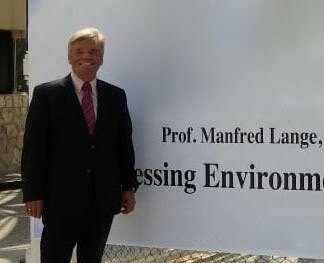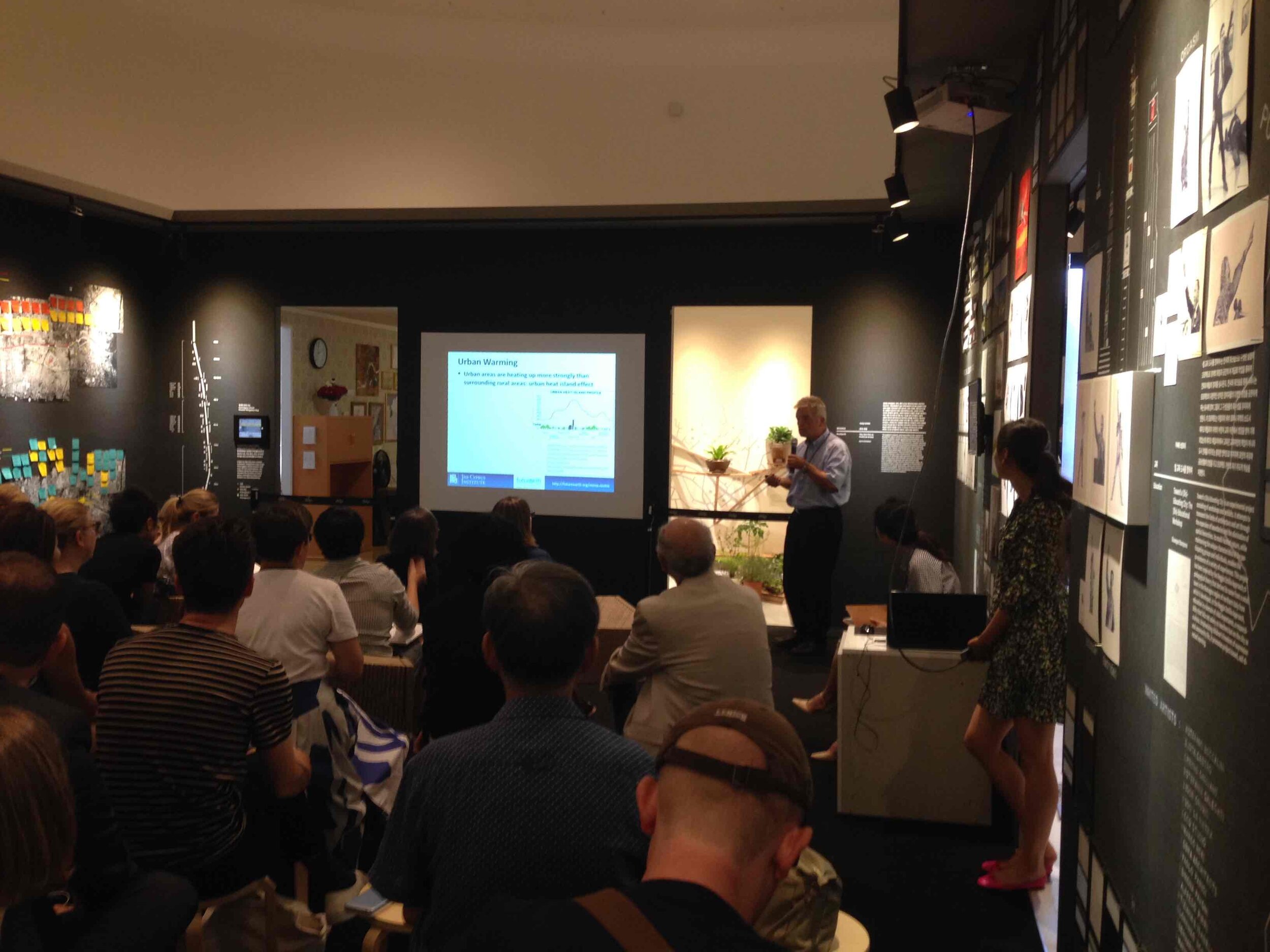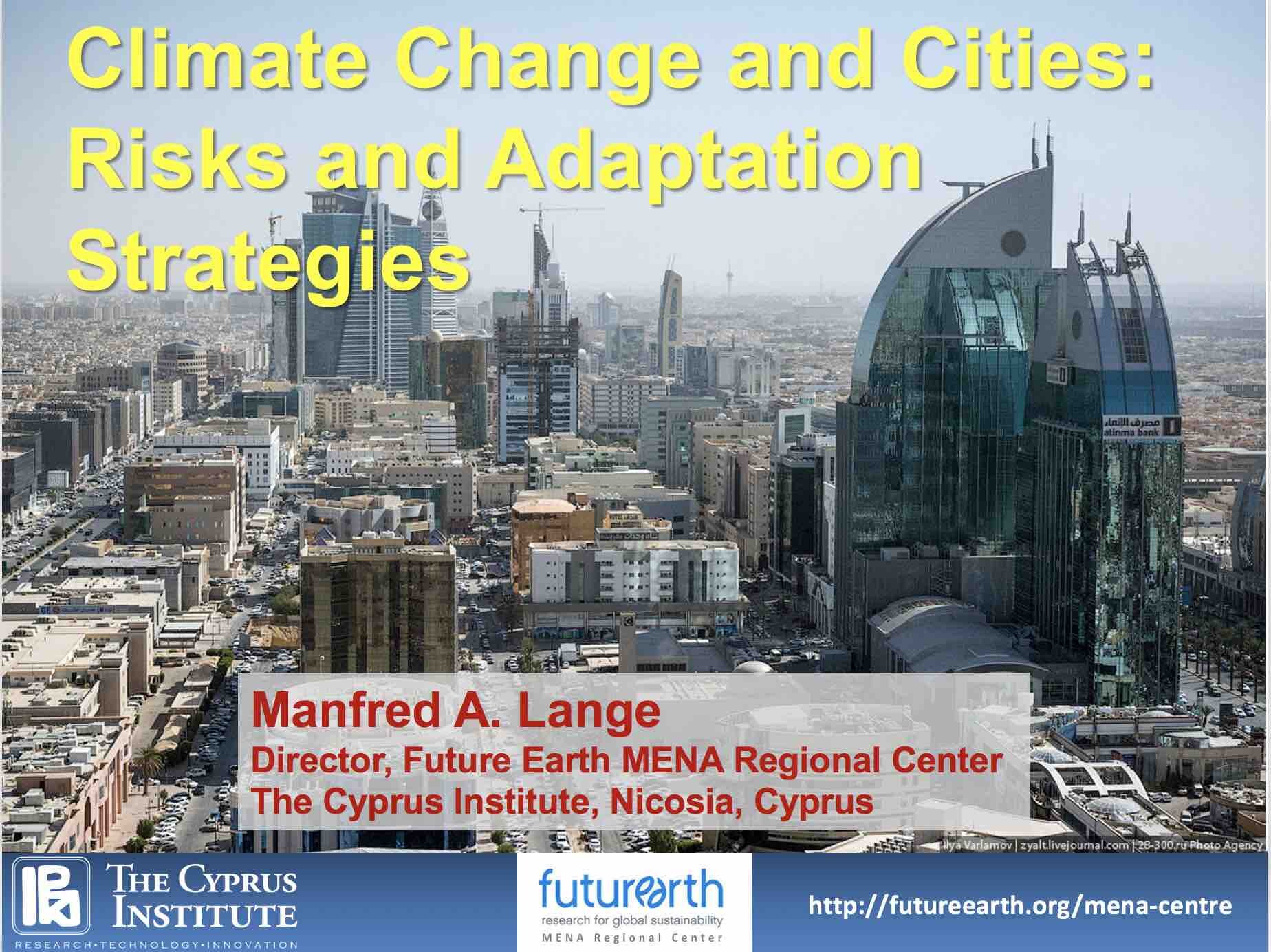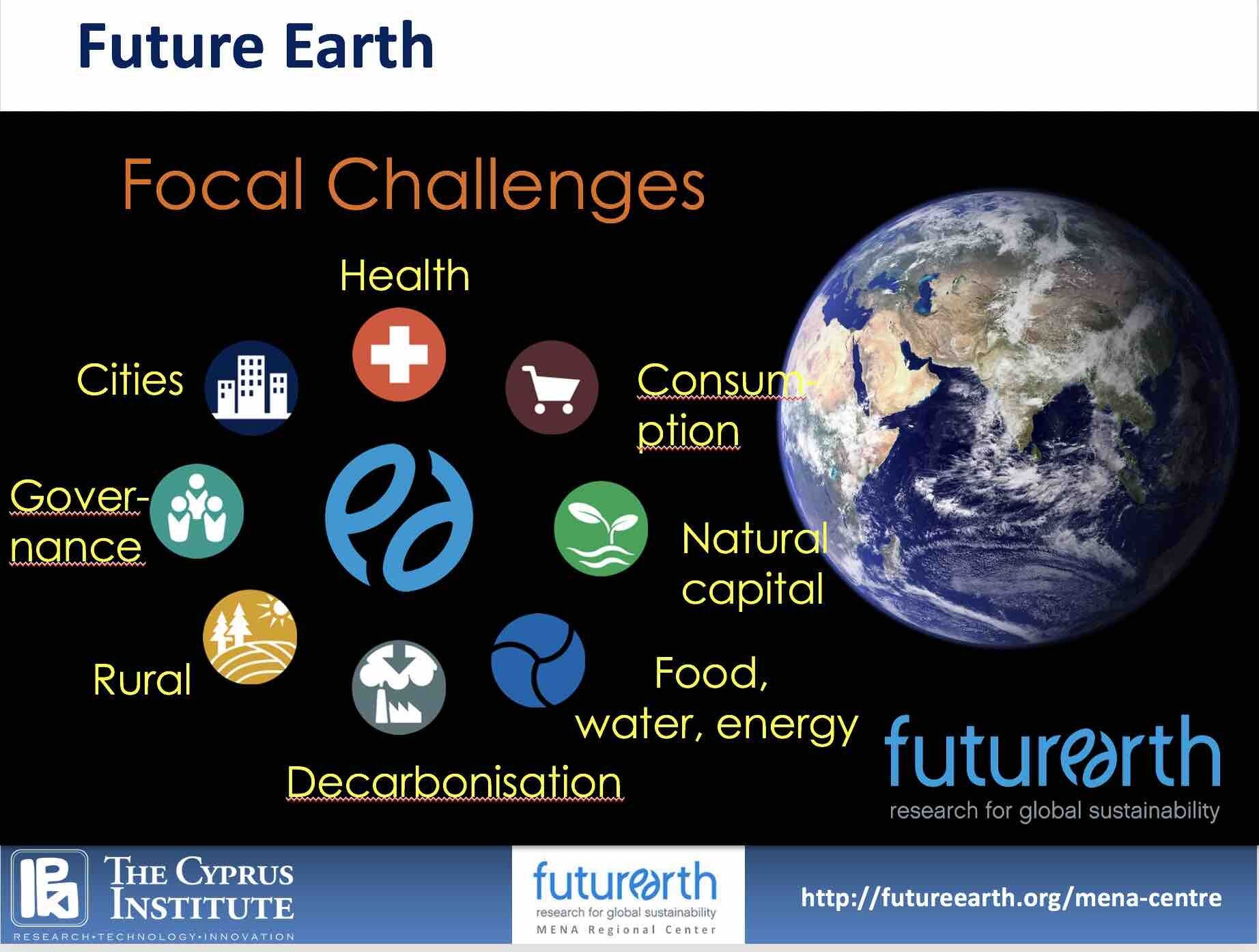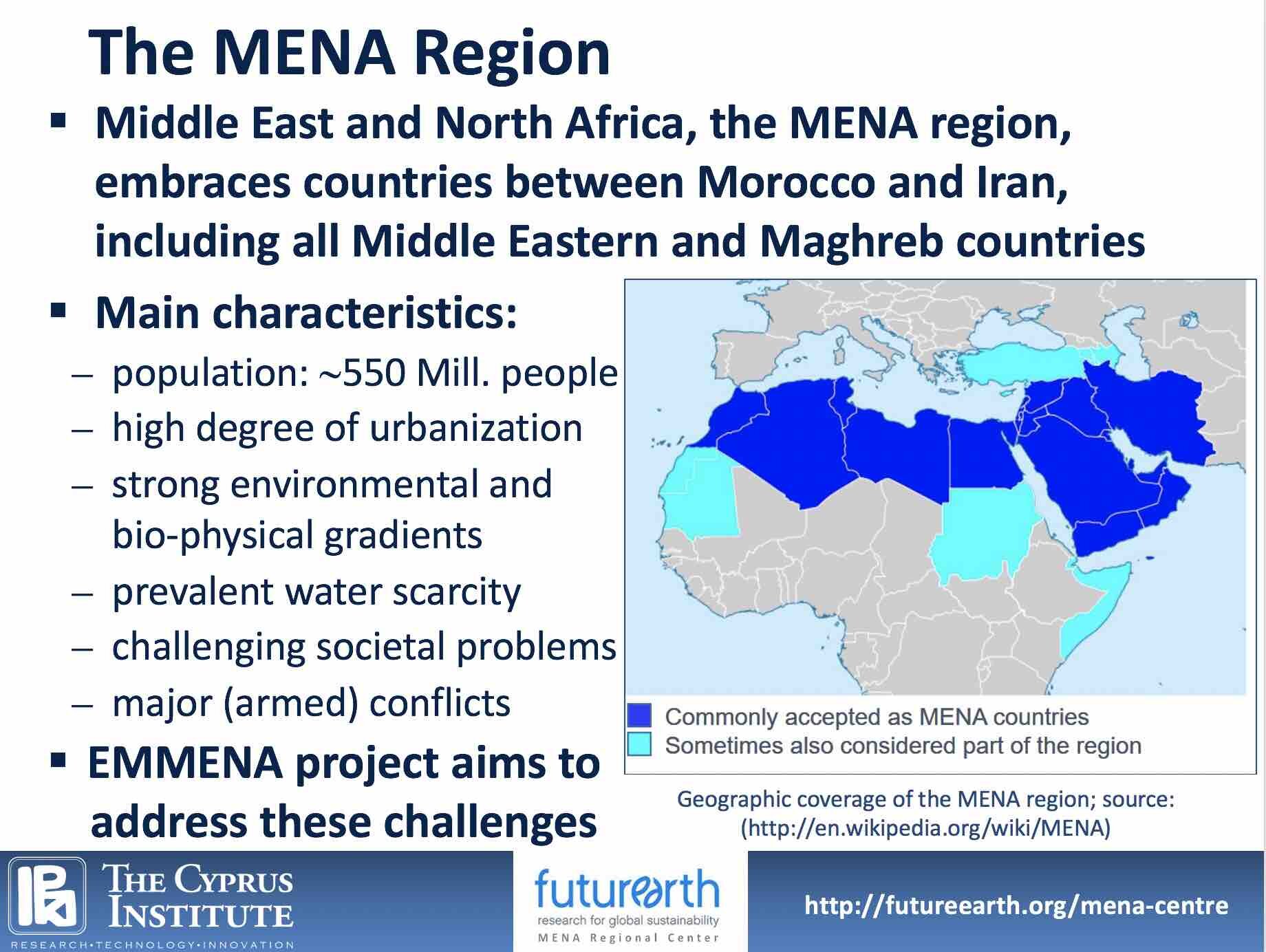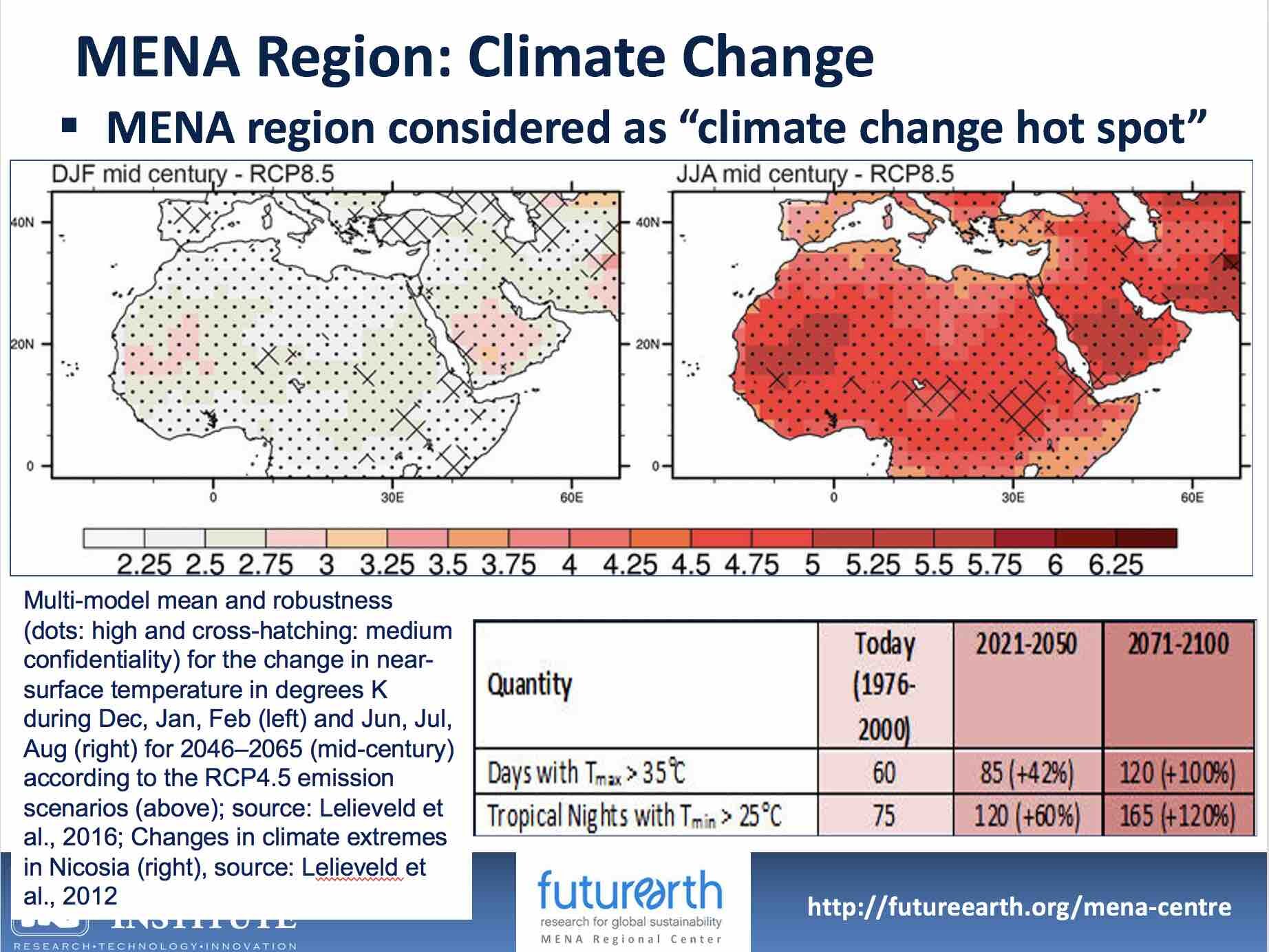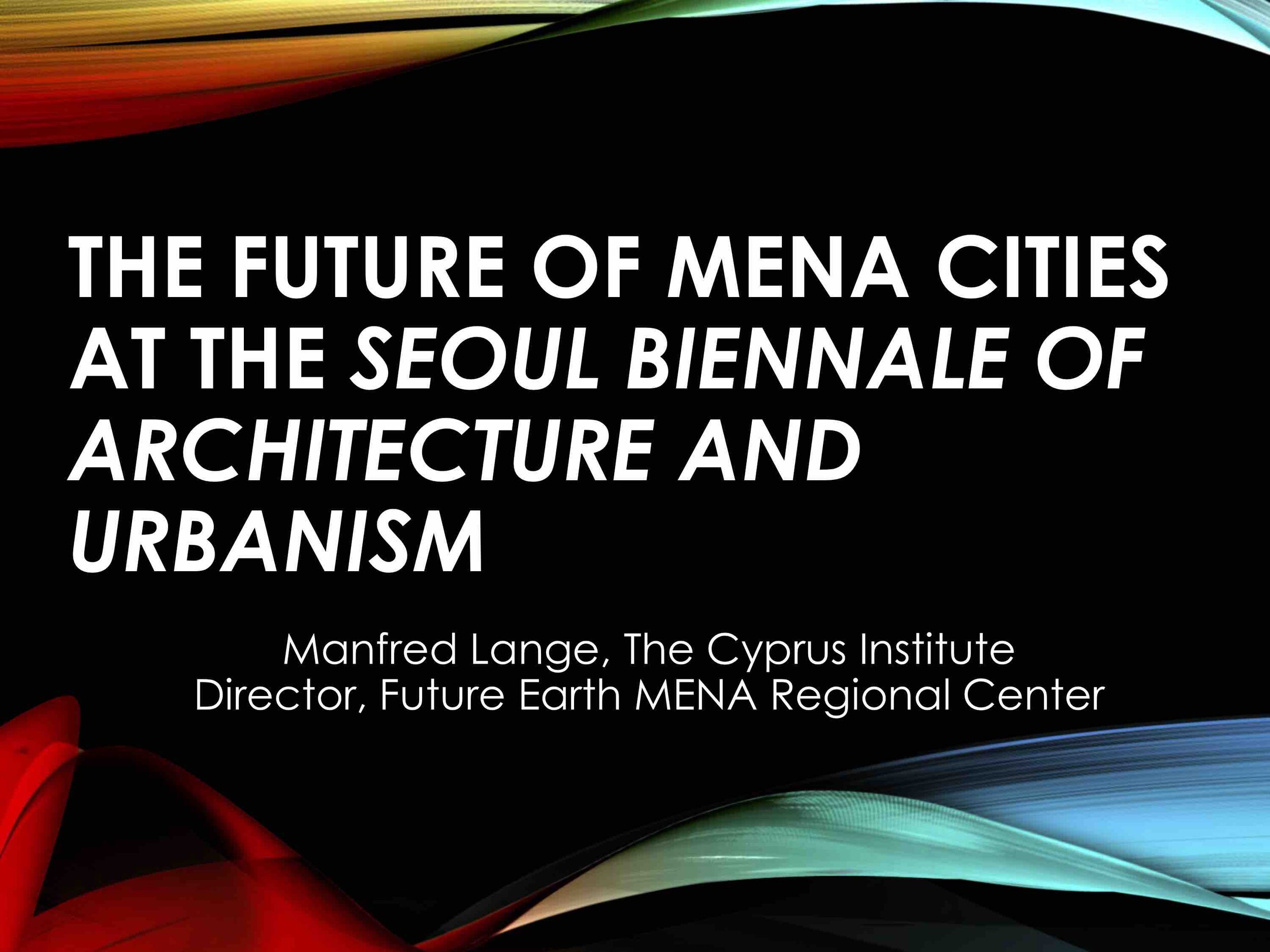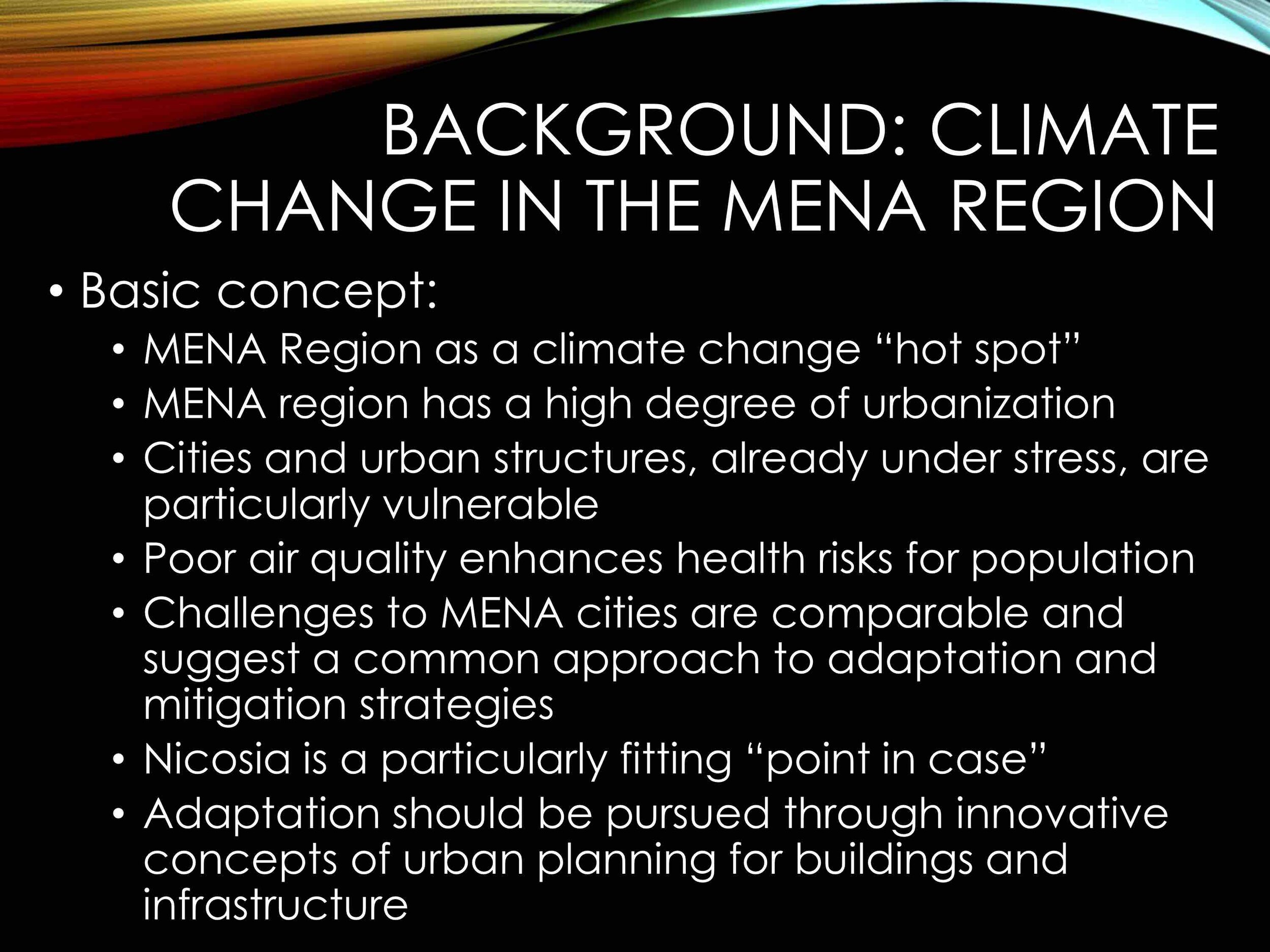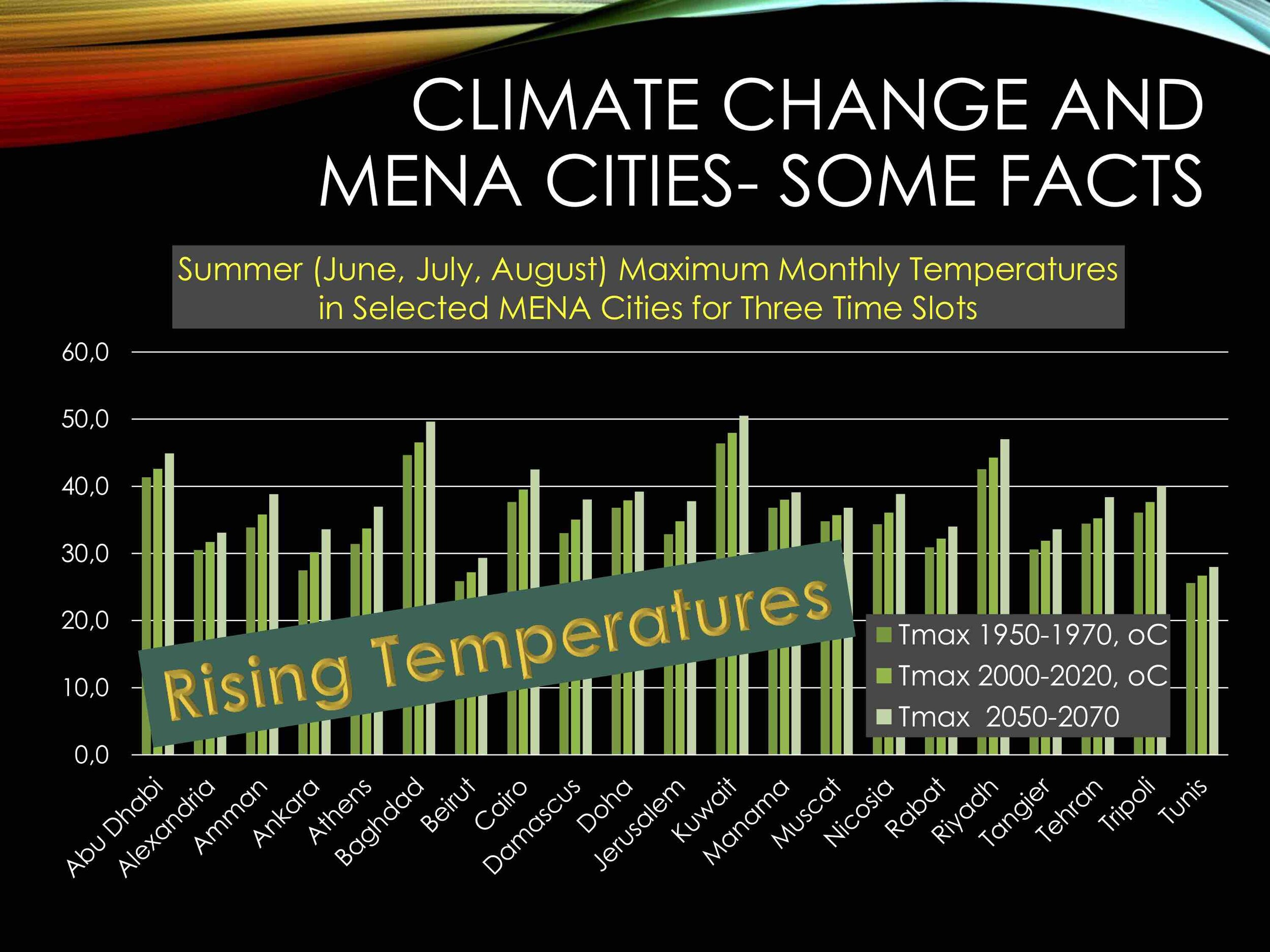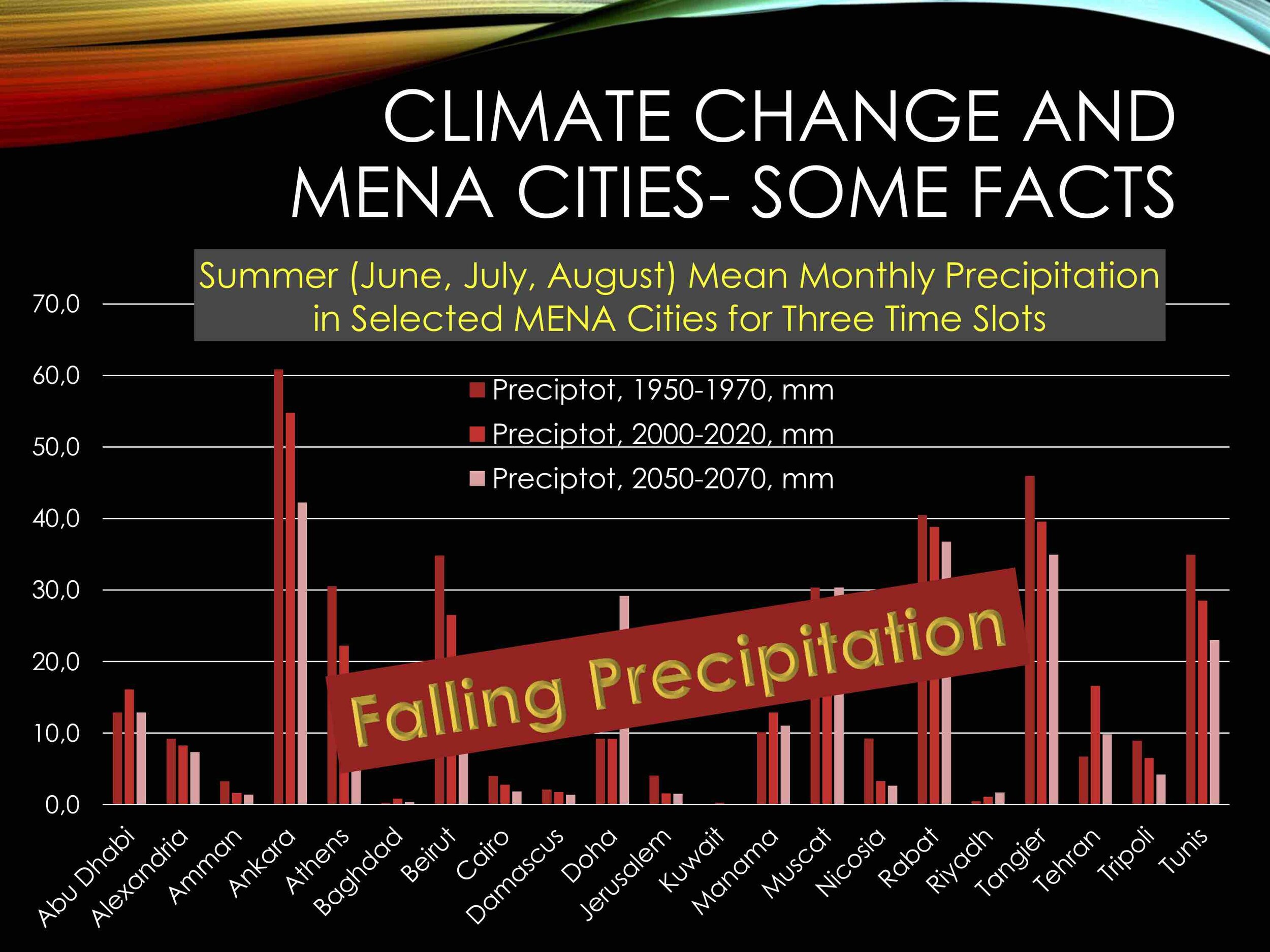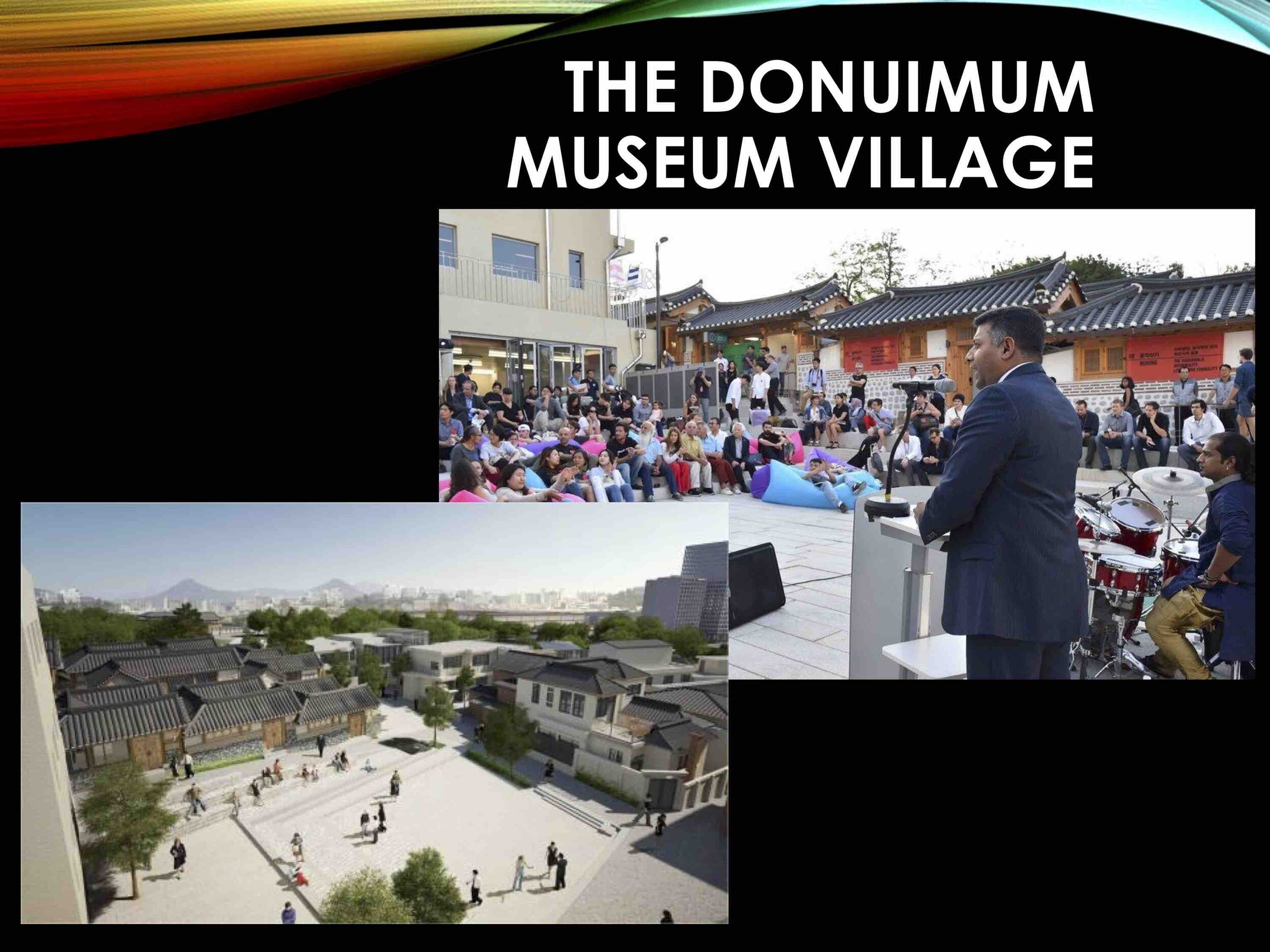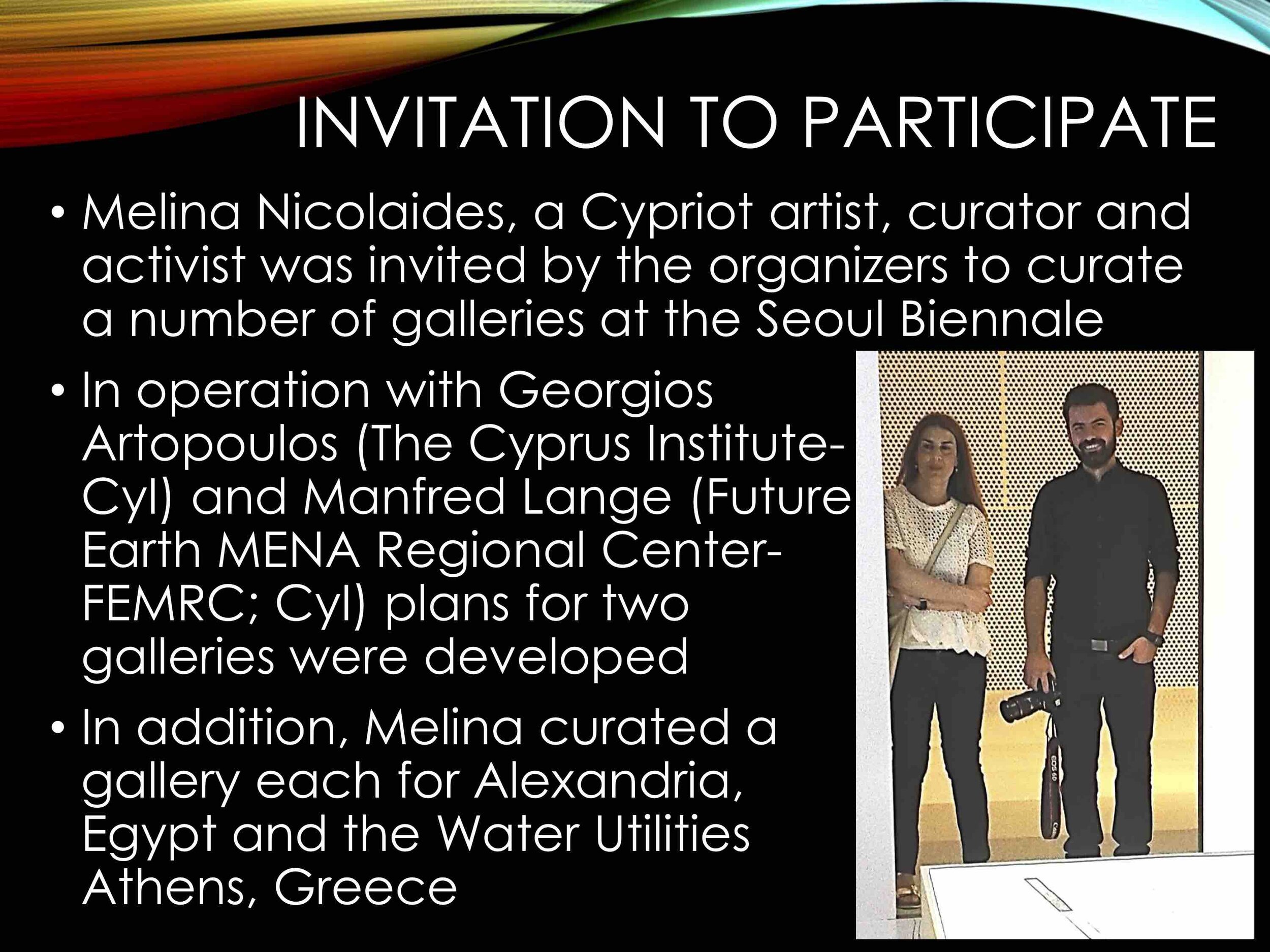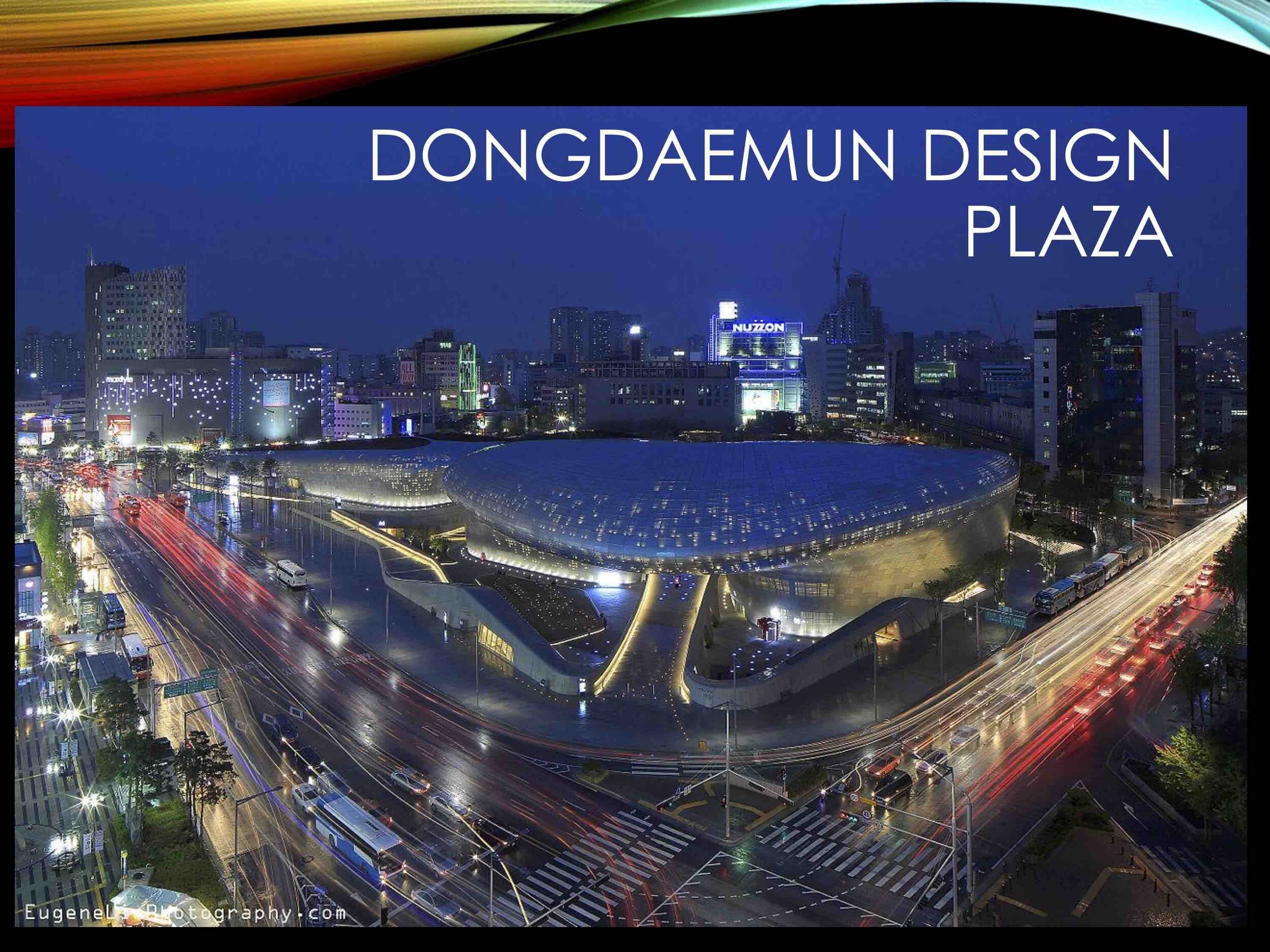Dr. Manfred A. Lange | at the Seoul Biennale
ACTIVATE’s guest and speaker at the Biennale, long-time collaborator Dr. Manfred A. Lange, contributed to our live projects in the ‘Urban Foodshed’ section, and to the development of two of our city projects — Nicosia City and MENA Regional Urban Centers — in the ‘Commoning Cities’ Exhibition, of the Seoul Biennale of Architecture and Urbanism 2017.
Dr. Lange is the Founding Director of the Energy, Environment and Water Research Center (EEWRC) at ‘The Cyprus Institute’, an important research resource for science and technology for the broader region addressing issues of Energy and Renewables, Environment and Climate, Water and Natural Resources.
Dr. Lange is also the Director of the Future Earth MENA Regional Center (FEMRC) which works closely with all of its partners in the countries of the Eastern Mediterranean, the Middle East and North Africa, and with the Future Earth North Africa Regional Office (FENARO), based out of Alexandria University and the historic L’Institut d’Egypte in Cairo.
Dr. Lange also serves as the Director of the MENA Regional Nodal Office for the Global Land Programme.
His main research interests include the assessment of climate change impacts with a focus on water-and-energy security, renewable energy sources, and energy-and-water use efficiency in the built environment of the MENA region.
ACTIVATE’s Live Presentations brought a series of our experts from the MENA Region — scientists and individuals working ‘on the ground’ — to the ‘Urban Foodshed’ to share with their Korean counterparts and with the general public of Seoul, their personal experiences, hands-on knowledge and practices regarding present and future solutions envisioned for water, food and energy in the EM/MENA region.
Speaking at the “Commoning Cities” Exhibition of the Seoul Biennale held at the Zaha Hadid-designed Dongdaemun Design Plaza, discussing challenges faced by the MENA region, and our “Regional Urban Centers” city project presented within this exhibition.
“Responding to the Challenges in the MENA Region:
Sustainable Adaptation & Mitigation Strategies”
At the Seoul Biennale, Dr. Manfred A. Lange addressed the multiple current and projected climate change impacts and the distinct challenges faced by the arid to semi‐arid regions of the EM/MENA region, such as decreasing water availability. This region of the world, a climate change “hot spot”, is particularly sensitive to changes in the water balance and to water scarcity as caused by altered climate conditions of lower precipitation, higher temperatures and increasing extreme events of drought and floods, and the over-exploitation of existing groundwater bodies.
At the Urban Foodshed section of the Biennale, with colleague Dr. Salah A. Soliman of the Bibliotheca Alexandrina and FENARO, in the Live Presentations, and sharing with the Seoul public the solutions envisioned for water, food and energy in the MENA region.
In this talk, Dr. Lange discussed a number of possible adaptation measures aimed to reduce the adverse effects of climate‐change‐induced water scarcity in countries of this region and sustainable adaptation and mitigation options that include planning for extremes and for the changing agricultural water needs of the region, with strategies such as:
the artificial recharge of groundwater resources by reservoirs and check dams;
improvement of rainfall‐runoff management such as water harvesting for landscaping and groundwater recharge;
the planting of drought tolerant crops and natural vegetation such as olives, barley, and Atriplex shrubs;
and land use strategies through the reforestation of marginal and abandoned agricultural lands.
The Urban Foodshed talk, as at the City’s Rountable, focused on the challenges to be faced by both major cities and rural areas in the larger MENA Region with regard to anticipated climate change. Moreover, Dr. Lange also put into context the “WEF Nexus” in regards to the interconnectedness of water, energy, and food within the EM/MENA region, a new emerging practical approach which envisions how these three sectors are connected.
With the future effects of the current projections of population increase, economic development and climate change, major challenges on energy and food security, threats to environmental integrity and biodiversity, the EM/MENA region represents a growing hotspot for insecurity in the next decades, and especially so in the context of the interrelated and changing “WEF Nexus” issues of the years to come.
Images from a presentation by Dr. Lange about the collaboration in Seoul
Search our website for more of our collaborations with Dr. Manfred A. Lange
